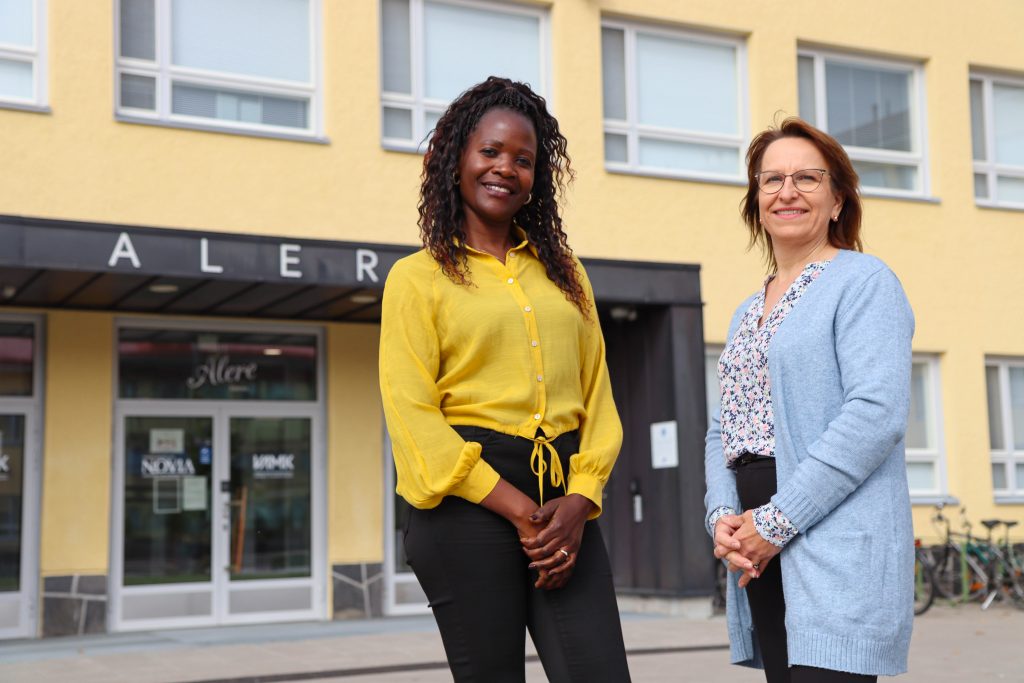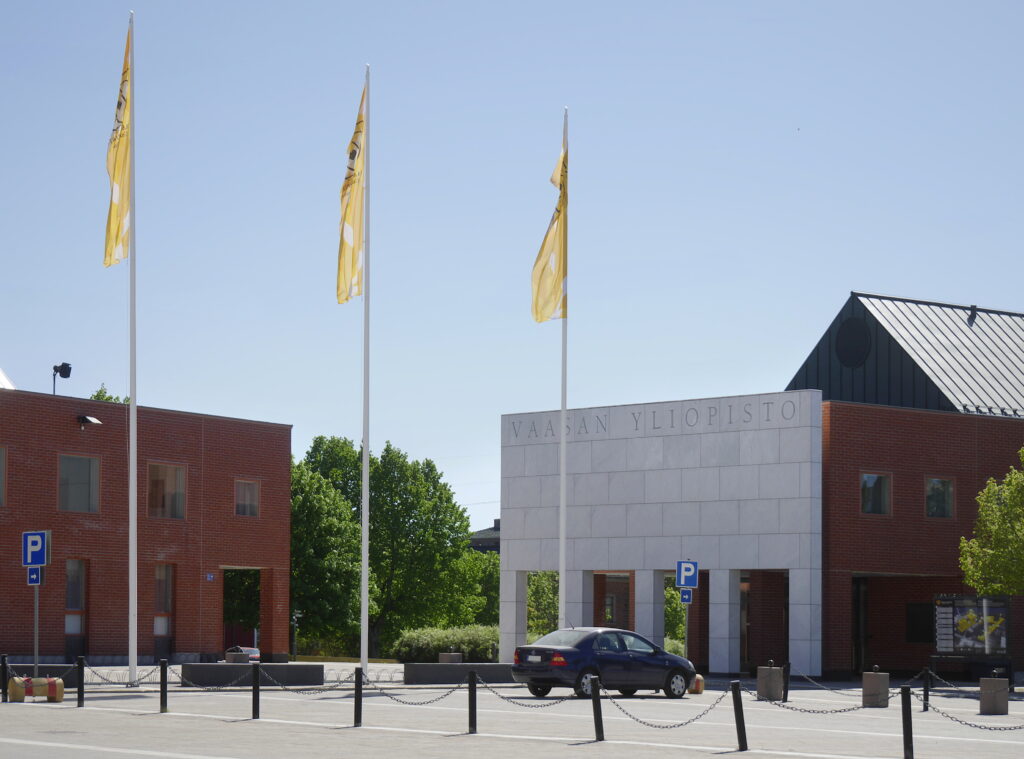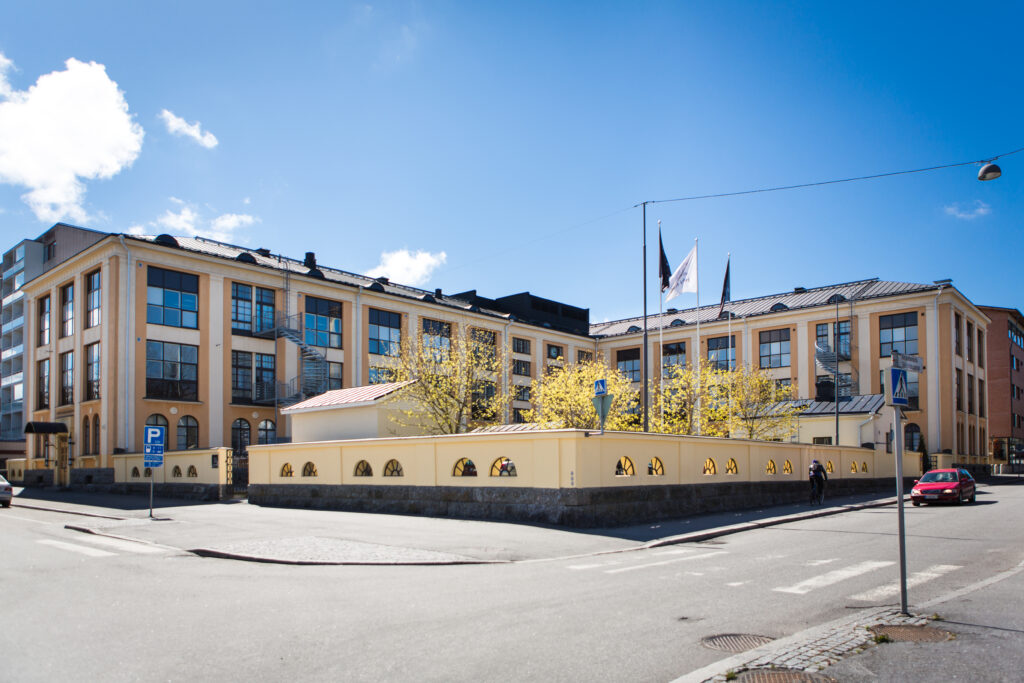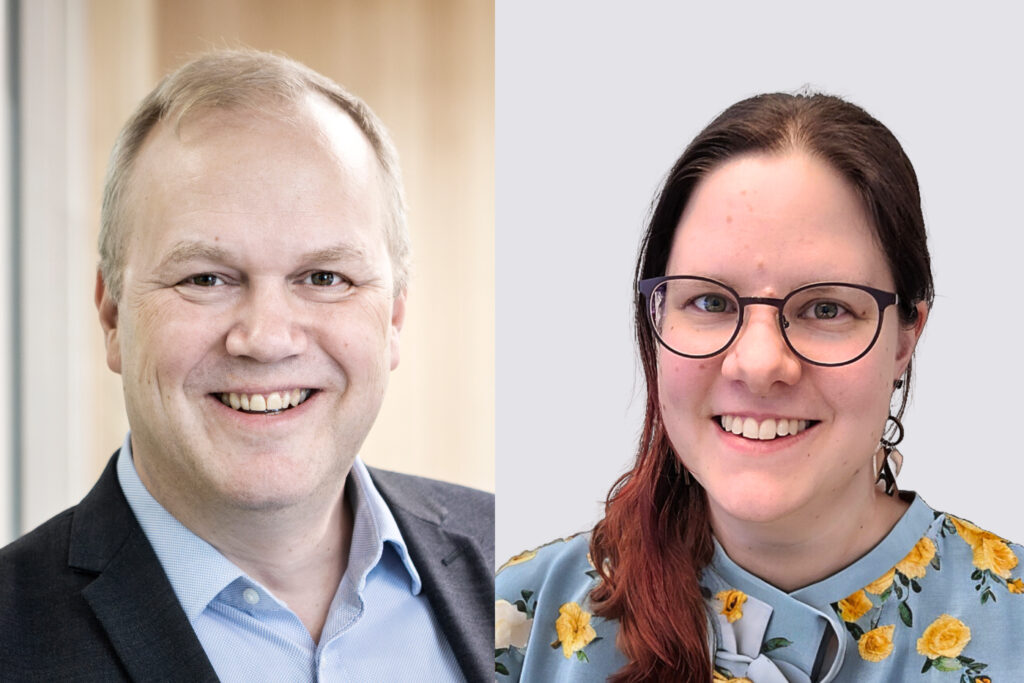Communication can be tricky. We often have an idea of what we would like to say to, for example, our potential customers, but how can we be sure that our message comes through as intended? This question becomes even more relevant and complex when we want to reach a multicultural – global – audience.
This story is part of a series brought to you by Vaasa International Talents in cooperation with Vaasa International.
Imagine being the CEO of a Finnish company. You know that your company offers a superior, unique product. The launch of your product on the Finnish market was an instant success. As a result, you are now planning to expand your company’s business by entering markets outside of Finland.
Naturally, you have taken into consideration that to make your new target audience aware of your excellent product, you need to run a marketing campaign. However, based on your success on the Finnish market, you feel confident that this will be easy.
You have employees who have been in your company for many years. They know the product through and through and can translate the existing marketing material from Finnish to English. You just need to find the relevant communication channels in the target countries. Piece of cake.
But is it really?
If you ask Sadaka Tamanna, the answer is “No”.
“Everything starts with cultural awareness and understanding”
Sadaka Tamanna comes from Bangladesh, where she graduated in 2016 with a Bachelor’s degree in Political Science. She emphasizes that political science belongs to the social sciences, which focus on understanding human relationships. Her ambition was to work with questions related to well-being and human rights.
After her graduation, Sadaka worked for a few years in Bangladesh, mainly with international non-governmental organisations such as Plan International. She travelled extensively in the neighbouring countries and worked with people from the UK and the US, among others. She says that this work made her realise how easily cultural clashes can happen.
I became involved in communications to an increasing extent, getting into very close contact with people. In the process, I got to understand people on the inside – their feelings and emotions.
These connections with people made a great impression on Sadaka, who got increasingly interested in international relations and wanted to learn more about this topic. Therefore, she moved to Finland in August 2019, pursuing a Master’s degree in Peace, Mediation and Conflict Research at Åbo Akademi University in Vaasa.
Sadaka expected the Finnish Master’s programme to give her new perspectives, and it did, in several ways. “It was really a ‘cultural bomb’, as the students represented 30 nationalities,” Sadaka says.
However, finding a job in Vaasa turned out to be difficult. During her last semester in the spring of 2021, Sadaka applied to and was accepted to the Vaasa International Talents programme.
Aiming to enhance the skills needed for Finnish working life, all participants were offered individual coaching. One of the coaches was Anna Bertills, co-founder and CEO of the communications bureau Bertills & Jung.
I met so many interesting people during those coaching sessions, making me think that I should also offer one of these international talents an internship. Sadaka and I quickly noticed that, in addition to a similar educational background and professional interests, we have the same type of humour. We just instantly clicked.
Bertills & Jung helps companies with strategic and external communications. This includes English copywriting, for example for social media. As it turned out, it was the right moment to complement the team with Sadaka.
The many pitfalls of multicultural communications
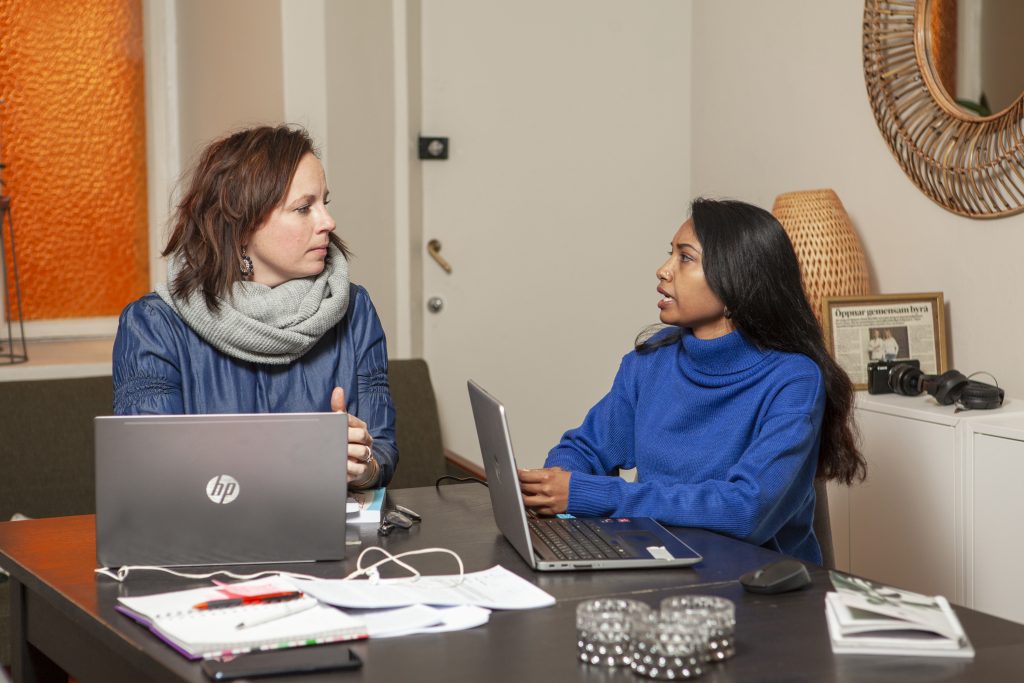
Anna Bertills and Sadaka Tamanna have discussed at length what kind of competences companies who want to enter international markets need, in addition to the English language.
From her vast experience of multicultural encounters and communications, Sadaka can list many concrete examples of where communication can go wrong. Advertising towards a female target audience is one typical example. Women in Bangladesh, for instance, need to be approached by different types of advertisements than Finnish women.
Another risky area concerns clothing, as Sadaka Tamanna points out:
If you go to a business meeting in clothing which is not considered appropriate in the local context, you yourself might feel OK, but your hosts or your audience would not. You need to be aware of and understand the ethics of a country, otherwise you cannot get in.
Anna Bertills summarises:
If you are in the exporting business, it is not only about languages. You need cultural understanding. Therefore, it is critical to understand the role that multicultural communication can have for companies.
International workers can greatly benefit Finnish companies
Internationals have both local language skills and insider knowledge of the local culture. In addition, cultural sensitivity develops in multicultural contexts. Therefore, people from outside of Finland have a different cultural sensitivity from those who have always lived here.
Having an international colleague automatically contributes towards a multicultural working environment, which in turn helps to develop the cultural sensitivity of the rest of the working community.
Having Sadaka in her team has been eye-opening for Anna Bertills:
It is important that we have people who can see these things. Until I met Sadaka and started to work with her, I did not know how much I needed awareness of and knowledge in this area.
Sadaka Tamanna’s three-month internship through the programme has already come to an end, but her employment with Bertills & Jung continues.





